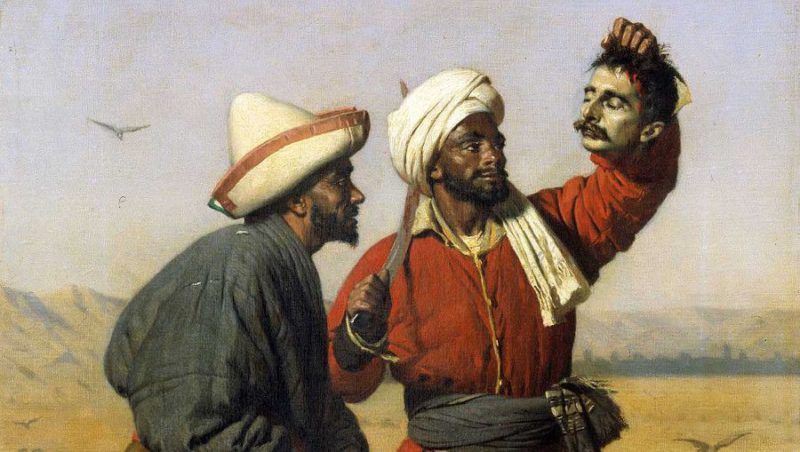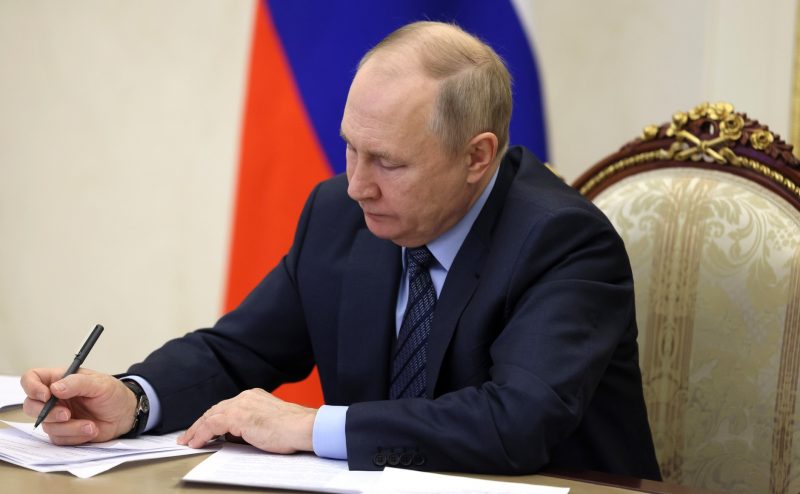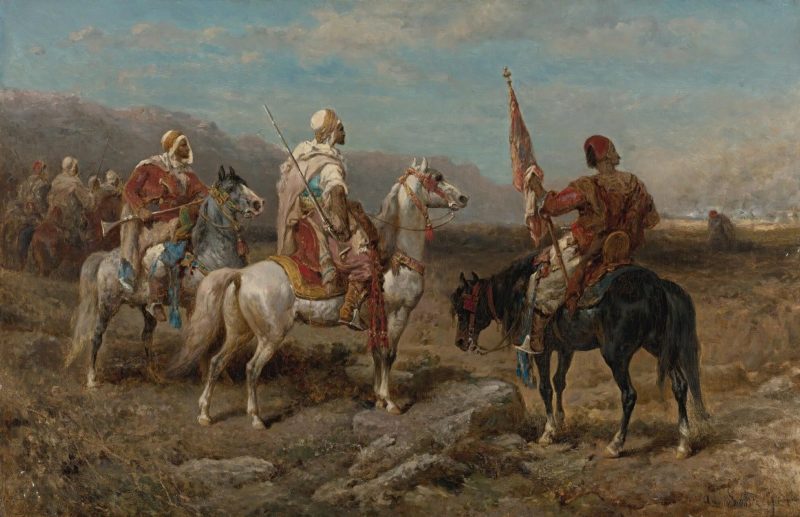01.12.2017, Russia.
A special operation directed against Islamists was carried out in Tbilisi on November 22 in the Isani residential district, Svobodnaya Pressa reported on November 27.
Three terrorists were blocked in one of the apartments of a residential building. When ordered to surrender, they opened fire at special forces, continuing to shoot back for almost 20 hours with a nearly unlimited supply ammunition. Finally, they were neutralized with grenade launchers. The militants were killed. The police are investigating where the Islamists received the arms and ammunition from. No other details have been reported.
The special operation met a furious reaction in the Georgian society. A wave of anti-Chechen attitudes arose in social media because of the initial reports, which mentioned Chechen terrorists.
In the Christian Georgia, Chechens are an ethnic minority (about 6 thousand) living as a community in the Pankisi Valley at the border with Chechnya.
In January 2016, the Russian Foreign Affairs Minister Sergey Lavrov said that ISIL (organization banned in Russia ― Rossa Primavera Information Agency) militant training camps were operating in the Pankisi Valley.
Immediately, Georgian president Georgi Margvelashvili said that the situation in the Valley was under full control. After that, Georgian media reported that two Pankisi Valley descendants, Ramzan Pareulidze and Mikhad Turkoshvili, were killed in Syria.
The Chairman of the House of Representatives Committee on Homeland Security, Michael McCaul mentioned another Pankisi Valley descendant, Akhmed Chataev (aka The One-handed), who was killed in a shootout, “enemy No. 1 in the North Caucasus region of Russia”.
As a member of ISIL (organization banned in Russia), Chataev was responsible for recruiting Russian-speaking militants. He also threatened the Georgian authorities with terrorist attacks during the trial against the former imam of the Dzhokolo village (the Pankisi Valley), Ayub Borchashvili, who was accused of recruiting militants for Islamists. Reportedly, there were ethnic Georgians who had nothing to do with Islam among those recruited.
Currently, experts are raising the issue of how serious and dangerous it is for Georgia to have ISIL (organization banned in Russia ― Rossa Primavera Information Agency) militants on its territory.
According to Mikhail Roshchin, Senior Research Associate at the Institute of Oriental Studies of the Russian Academy of Sciences, the recent escalation in Tbilisi is probably connected with the fact that ISIL (organization banned in Russia ― Rossa Primavera Information Agency) is collapsing and disintegrating, and its militants of the Caucasian descent seek to return home, in particular to Georgia, which inevitably results in problems on its territory.
According to Rais Suleimanov, an expert from the Institute for National Strategic Studies, the Pankisi Valley and Adzharia are places where Wahhabis can use their forces. “Initially, Tbilisi turned a blind eye to the unfolding Wahhabism in Georgia, and its attitude to the emigration of its nationals to Syria was neutral. Now they are apparently going to realize that Wahhabism is becoming a serious problem,” he explained.
“The only thing they [the militants] can organize is ‘lone wolf’ terrorist attacks. They are dangerous because terrorists’ actions are unpredictable; ‘lone wolves’ are much more difficult to search and identify, and they do not use improvised explosive devices, but they simply take a knife, an axe, or a car to ram into a crowd. Therefore, such statements made by ISIL (organization banned in Russia ― Rossa Primavera Information Agency) must not be taken carelessly as mere bragging or empty threats by the militants. It is all very serious,” he explained.
Another expert, Andrey Areshev, a Scientific Research Associate of the Foundation for Strategic Culture and the Institute of Oriental Studies says that, according to a number of studies, at least 200 Georgian nationals fought in Syria and Iraq on the side of terrorist groups, and approximately one-fourth of them could return home. This means that Georgia is entering “a very tense and dangerous period”.
Source: Rossa Primavera News Agency




